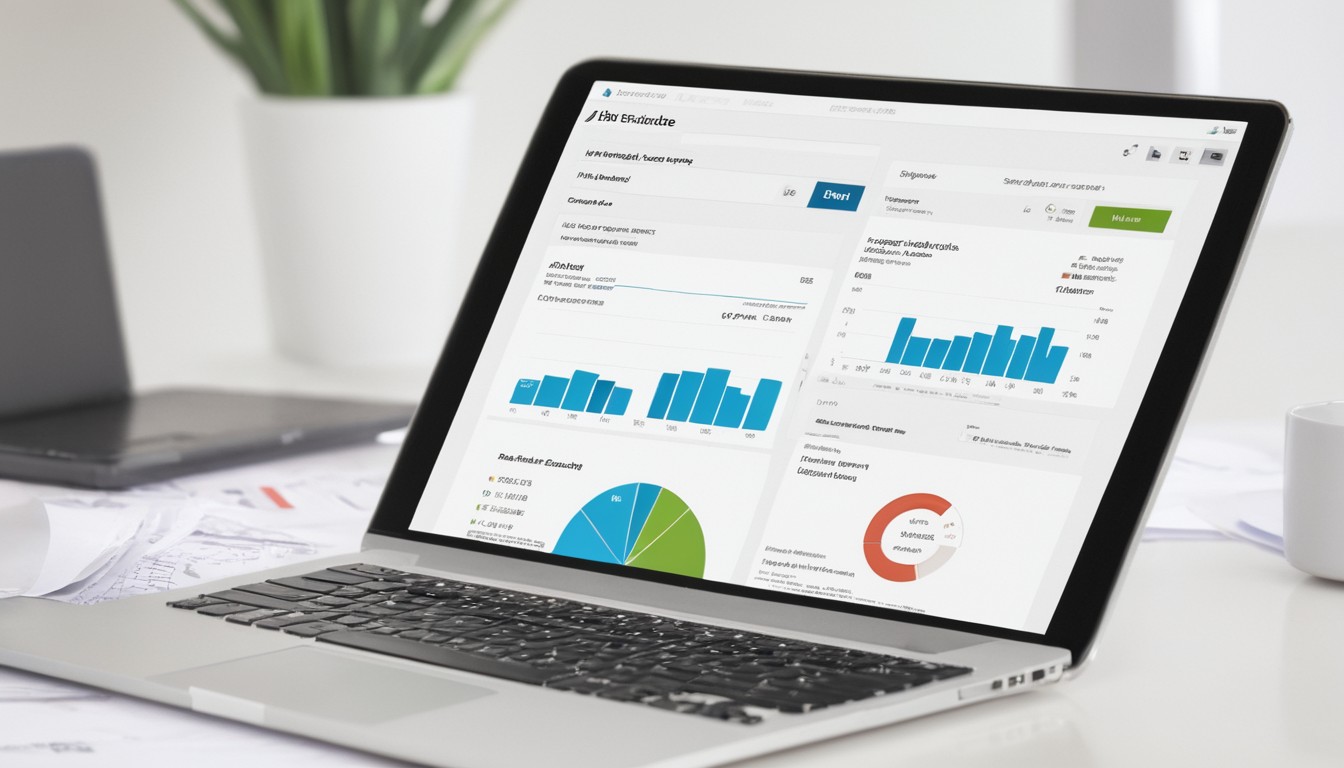The Accounts Payable Function: A Make-or-Break Factor for Your Business

The Make: Efficiency and Cost Savings
1. Time Savings with Automation:
According to reports, companies that automate their AP processes can achieve an 81% reduction in operational costs. Automation streamlines your workflow, cutting down on manual tasks and allowing finance teams to focus on strategic activities.
2. Faster Payment Cycles:
Forbes reports that organizations using automated AP systems experience a 73% reduction in the time it takes to process invoices. This efficiency translates to faster payment cycles, improving relationships with suppliers and potentially unlocking early payment discounts.
This improved processing power can also be seen in your KPI's with a business's DPO outstanding reducing by an average of 5.5 days following automation of Accounts Payables.
3. Cost Reduction through Automation:
Aberdeen Group found that businesses leveraging AP automation achieve a 49% reduction in invoice processing costs compared to those relying on manual processes. The cost savings extend beyond labour and include expenses associated with late payments and error rectification.
4. Enhanced Accuracy:
Automating your AP allows you to streamline your approval workflows, allowing for faster and more efficient processing, in addition to an increase in processing accuracy with reports showing a 40% reduction in errors following automation. Accuracy in AP processes is critical for compliance, financial reporting, and maintaining positive relationships with suppliers.
The Break: Risks and Consequences
1. Late Payments Impact Supplier Relationships:
Traditional AP workflows involve time-consuming tasks such as manual data capture and manual linking of supporting documentation. In addition to the time-consuming nature of these tasks, these manual processes are often error-prone, meaning even more time needs to be spent on these tasks, ultimately resulting in delayed payment cycles.
Delayed payments strain supplier relationships, leading to potential supply chain disruptions and a negative impact on the business's reputation.
2. Invoice Fraud:
According to the Association for Financial Professionals (AFP), 82% of organizations experienced attempted or actual payment fraud in reecent years. Manual processes are more susceptible to fraud, emphasizing the importance of secure and automated AP systems to mitigate these risks.
3. Missed Opportunities
The resource-intensive nature of manual AP processes often results in finance teams dedicating most of their time to repetitive, non-growth related work, meaning they miss out on chances to identify strategic opportunities or make value-added decisions.
Another opportunity forgone by AP teams working with manual systems, is that they miss out on valuable settlement discounts. This is often due to process delays that prevent them from approving invoices on time.
Invest in the Future with AP Automation
The statistics surrounding the Accounts Payable function are clear: Efficiency and accuracy through automation can make a substantial, positive impact on your business, while manual and inefficient processes pose significant risks.
Discover more about how AP Automation can transform your current processes with System1A. Get in touch with us or request a demo to see its benefits first-hand.


















